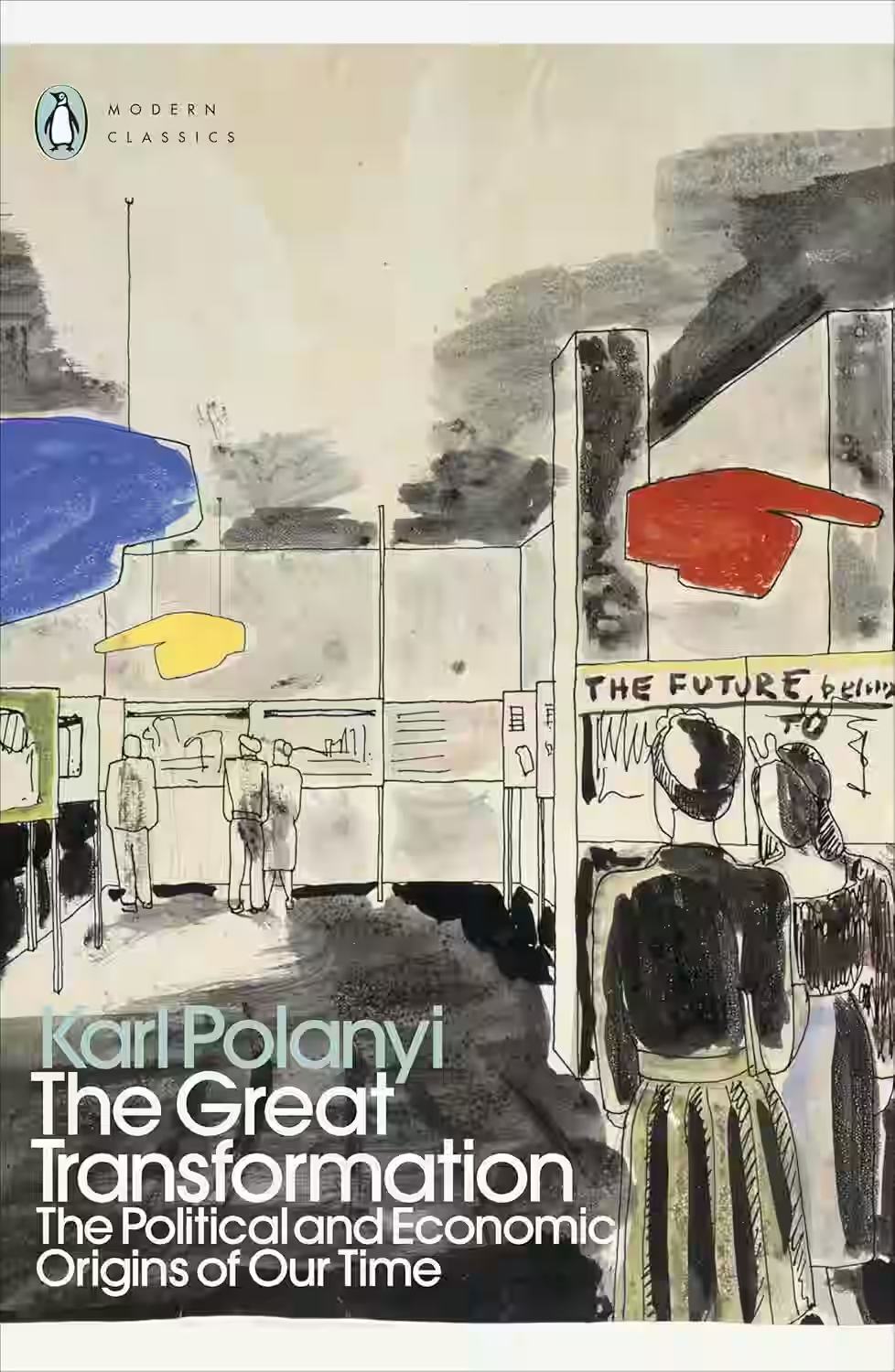Political Science
Political Science is a genre encompassing the study of political systems, theories, and behavior. It explores power dynamics, governance, institutions, and policies.

The Wizards of Armageddon
by Fred Kaplan
In 'The Wizards of Armageddon' by Fred Kaplan, readers are taken on a gripping journey through the history of nuclear strategy and the Cold War. Kaplan delves into the lives of key figures known as the 'wizards,' who shaped and influenced America's approach to nuclear warfare. Through meticulous research and compelling storytelling, the book explores the high-stakes decisions and the terrifying potential consequences of living in a world armed with nuclear weapons. Kaplan's clear prose and detailed analysis provide readers with a deeper understanding of the complexities and challenges of nuclear deterrence. A must-read for those interested in military history and political strategy.

The Origins of Totalitarianism
Hannah Arendt's 'The Origins of Totalitarianism' is a groundbreaking work that delves into the rise of totalitarian regimes in the 20th century. Through a detailed analysis of historical events, ideologies, and societal factors, Arendt explores how totalitarianism took hold in Nazi Germany and Stalinist Russia. She highlights the erosion of individual freedoms, the manipulation of truth, and the dehumanization of entire populations as key components of these oppressive systems. Arendt's profound insights continue to resonate in the modern world, shedding light on the dangers of unchecked power and the importance of safeguarding democracy and human rights.

Ameritopia: The Unmaking of America
In 'Ameritopia: The Unmaking of America', Mark R. Levin delves into the philosophical foundations of the American political system and contrasts it with the Utopian ideologies that seek to erode individual liberties and constitutional constraints. Through a powerful blend of historical analysis and contemporary commentary, Levin investigates the dangers of centralized power, societal control, and the disregard for natural rights. Drawing parallels between the Founding Fathers' vision and the current political landscape, 'Ameritopia' serves as a thought-provoking exploration of the ongoing struggle between liberty and tyranny. With meticulous research and compelling arguments, Levin challenges readers to reflect on the significance of preserving the American principles of limited government and individual freedom.

The Grand Master's Insights on China, the United States, and the World
In 'The Grand Master's Insights on China, the United States, and the World,' Graham Allison, a renowned political scientist, offers a compelling analysis of the complex dynamics between China and the United States, exploring their interactions and implications for global politics. Drawing on his expertise, Allison delves into the historical context, strategic calculations, and potential pitfalls that shape the relationship between these two global powers. Through insightful anecdotes and data-driven arguments, he sheds light on the challenges and opportunities that arise from their interactions, providing readers with a deeper understanding of the intricacies of international relations.

The Road to Serfdom
In 'The Road to Serfdom', Friedrich Hayek delivers a powerful critique of socialism, arguing that planned economies inevitably lead to authoritarianism and loss of individual freedoms. Through lucid prose and compelling arguments, Hayek warns against the dangers of central planning and advocates for free-market capitalism as a safeguard against tyranny. He explains how government intervention in the economy can erode personal liberty and stifle innovation. This influential work continues to shape political and economic discourse, challenging readers to reconsider the role of the state in society. 'The Road to Serfdom' remains a thought-provoking and relevant read for anyone interested in the intersection of politics and economics.

The Great Transformation
by Karl Polanyi
In 'The Great Transformation' by Karl Polanyi, the author dissects the roots of modern society's economic and social structures. Through a historical lens, Polanyi examines the shift from traditional to market economies, delving into the consequences of this transformation on individuals and communities. He argues that the commodification of land, labor, and money has led to widespread social dislocation and environmental degradation, presenting a thought-provoking critique of capitalism. With compelling insights and thorough research, Polanyi challenges readers to rethink prevailing economic ideologies and consider alternative models for organizing society. This seminal work remains relevant in today's discourse on economic inequality and sustainability.

The Open Society and Its Enemies
by Karl Popper
Karl Popper's 'The Open Society and Its Enemies' is a seminal work that delves into the fundamental principles of democracy, freedom, and the dangers of totalitarianism. Through a meticulous analysis of historical and philosophical perspectives, Popper dissects the ideologies of Plato, Hegel, and Marx while championing the virtues of an open society that values critical thinking and individual rights. This intellectually stimulating book challenges readers to reevaluate their understanding of political systems and the importance of safeguarding liberal democracy. With sharp insights and compelling arguments, Popper's work remains relevant in today's world, provoking discussions on governance, societal values, and the perils of authoritarianism.